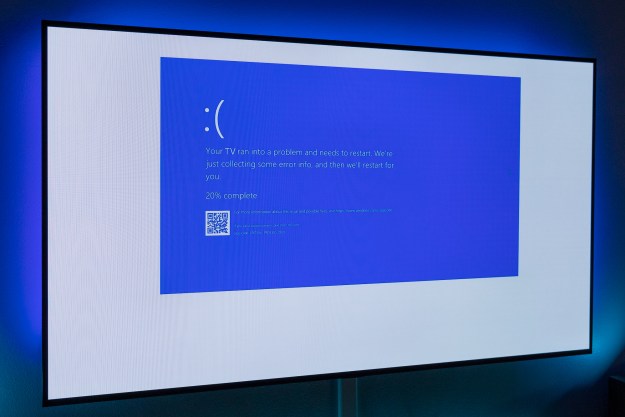What is bioelectronic medicine, you ask? The rather new field makes use of miniature, implantable devices that modify electric signals sent through our nervous system, with the hope of addressing a number of chronic diseases. For the last four years, GSK researchers have been active in this field, and the formation of Galvani Bioelectronics heralds a crucial step forward in their efforts.
“Bioelectronic medicine’s vision is to employ the latest advances in biology and technology to interpret this electrical conversation and to correct the irregular patterns found in disease states, using miniaturized devices attached to individual nerves,” said Moncef Slaoui, GSK’s Chairman of Global Vaccines. “If successful, this approach offers the potential for a new therapeutic modality alongside traditional medicines and vaccines.”
By combining GSK’s expertise in pharmaceuticals and disease biology with Verily’s knowledge of technology and device development, the two companies hope to establish “clinical proofs of principle in inflammatory, metabolic and endocrine disorders, including type 2 diabetes … and [develop] associated miniaturized, precision devices.”
Brian Otis, Verily’s chief technology officer, noted, “This is an ambitious collaboration allowing GSK and Verily to combine forces and have a huge impact on an emerging field. Bioelectronic medicine is a new area of therapeutic exploration, and we know that success will require the confluence of deep disease biology expertise and new highly miniaturized technologies.”
The two parent companies have committed to investing up to $715 million over the next seven years, and hope to have treatments prepared for approval by 2023.
“This agreement with Verily to establish Galvani Bioelectronics signals a crucial step forward in GSK’s bioelectronics journey,” Slaoui concluded. “Together, we can rapidly accelerate the pace of progress in this exciting field, to develop innovative medicines that truly speak the electrical language of the body.”
Editors' Recommendations
- Airbnb just made a big decision on cameras inside properties
- Intel’s CPUs just got way more confusing
- Gigabyte may have just leaked AMD next big release
- Amazon’s new humanoid robot will not take human jobs, company insists
- iPhone 15 Pro overheating? Apple just issued a patch to fix it


